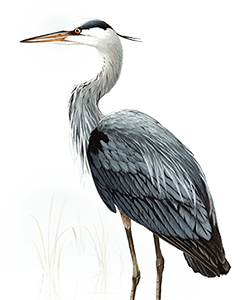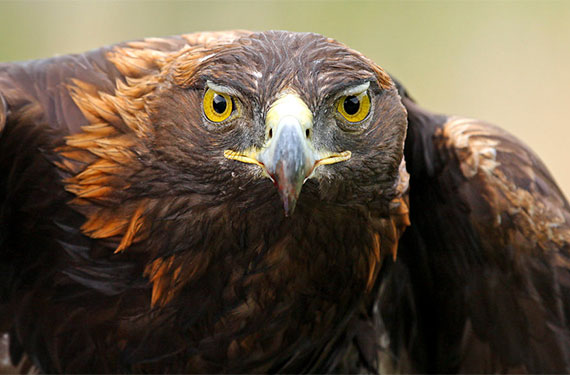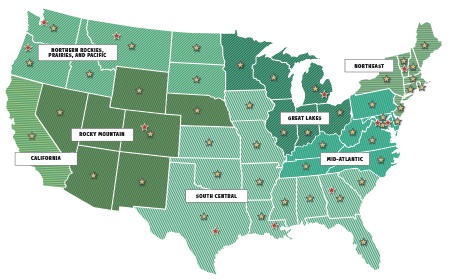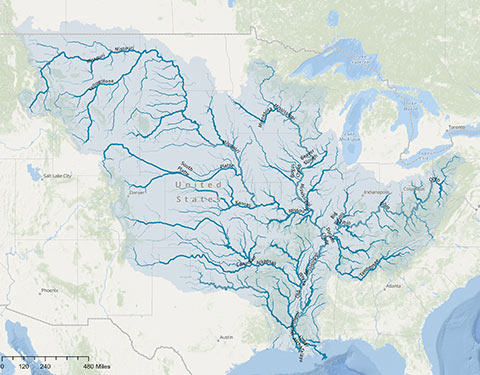
Detailed map of the Mississippi River basin and associated tributaries
Restoring the Mississippi River
What’s At Stake
Stretching 2,300 miles long, the Mississippi River is a significant feature on the American landscape, providing drinking water to millions of people, supporting the largest bird migration pathway in North America, serving as a cultural asset and underpinning a shipping industry that fuels much of the economy.
Yet, this great river faces daunting challenges. Climate change and decades of short-sighted river management decisions have resulted in the river experiencing increasingly wide swings between flooding and drought. Loss of wetlands, grasslands and forests in the lands that surround the river not only harm water quality and exacerbate the cycles of flood and drought, but also affect the fish and wildlife reliant on these habitats. Invasive species threaten the balance of aquatic wildlife in the river. Persistent water pollution, largely from industrialized agriculture, threatens drinking water supplies, reduces the river’s ability to support wildlife, and creates a large ‘dead zone’ in the Gulf of Mexico.
What We’re Doing
The National Wildlife Federation is dedicated to creating a resilient, clean and sustainable future for the Mississippi River system and the communities that rely on it. Our cross-cutting Mississippi River Program is addressing pressing issues related to water management, fish and wildlife, agriculture, and climate resilience.
We believe that the best way to restore nature is to work with nature. We advocate for solutions from the federal to the local levels that incorporate nature-based approaches, such as using wetlands for flood storage, drought mitigation and to improve water quality. Projects and practices incorporating natural elements are often the most effective way to address the problems facing the river and to create a healthy environment for people and wildlife. These solutions can be particularly valuable for the region’s most vulnerable populations, who are disproportionately affected by flooding, heat waves, and poor water quality, and who have often been left out of conversations around the solutions.
Featured Work
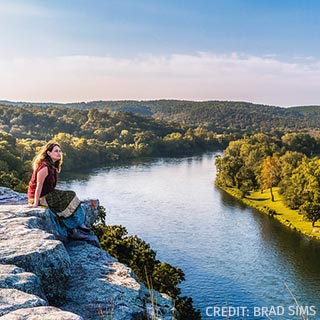
Follow the Water: Natural Solutions for Wildlife and People Along the Mississippi River
Learn how NWF and our partners are working with nature to find ways to improve the quality of life for communities all along the Mississippi River.
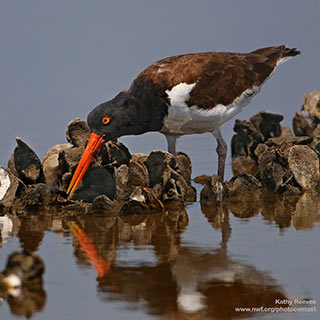
Funding for nature-based solutions
The National Wildlife Federation has created an interactive database to make it easy for communities interested in implementing nature-based solutions to problems such as flooding or poor water quality.
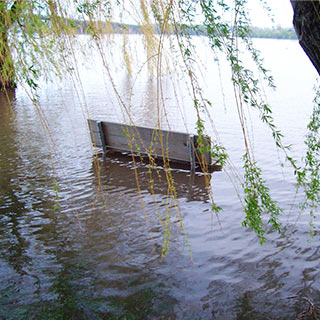
Building a safer future for the Quad Cities
As climate change intensifies, extreme weather – including flooding, droughts, and high temperatures – will affect quality of life in the Quad Cities of Iowa and Illinois. This assessment outlines what climate change might bring as well as options for creating a safer and more resilient future for the Quad Cities.
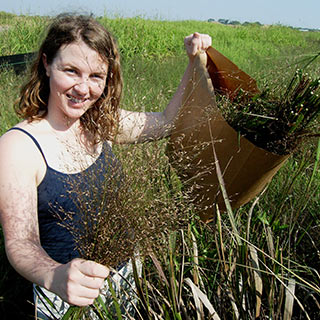
Restore the Mississippi River Delta
The Mississippi River Delta formed over thousands of years as the river deposited sand, silt and clay into the warm waters of the Gulf. But since the 1930s, about 1,900 square miles of land have eroded into open water. Restoring the Mississippi River Delta will take large-scale efforts that restore or recreate the river’s natural processes.
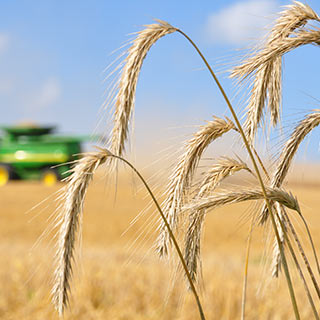
Sustainable Agriculture and America’s Wildlife
The National Wildlife Federation works with farmers and ranchers to encourage practices that reduce soil erosion, increase organic matter, and decrease nitrogen loss. Many of these practices – which include cover crops, low-till methods and sustainable pasture management – offer benefits to farmers and landowners while improving water quality.
Featured Experts
Bill Cooksey
Senior Coordinator, Sportsmen Outreach; Interim Director of Conservation Partnerships, Tennessee
cookseyb@nwf.org

